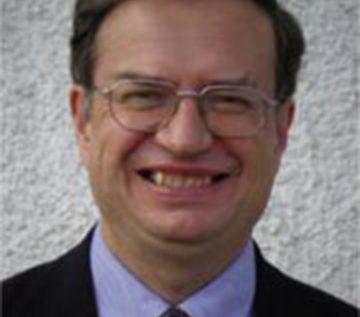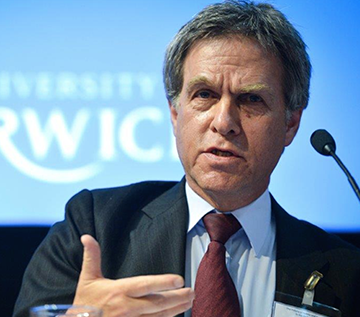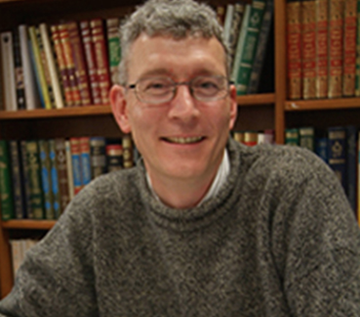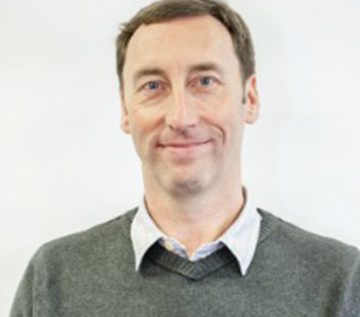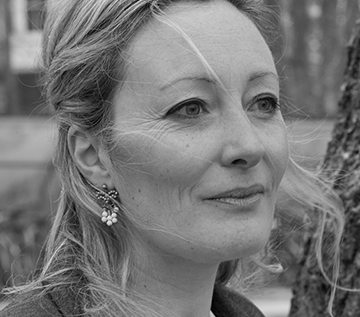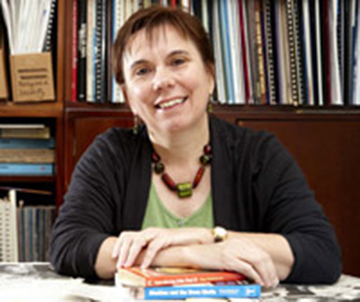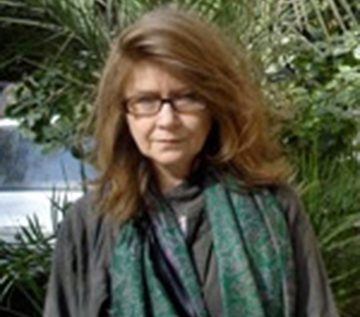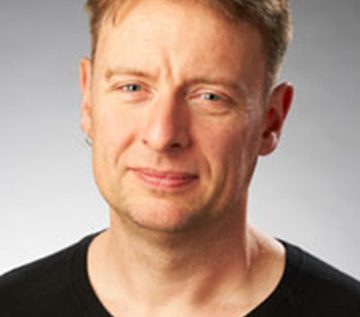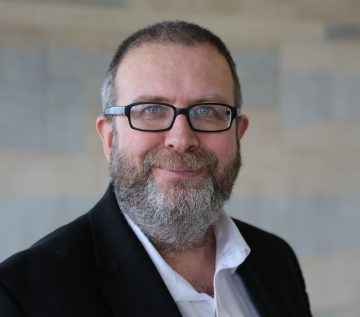Professor John Wolffe
Open University
Nine leading academics were appointed as Global Uncertainties Leadership Fellows under PaCCS in 2013. They provided leadership for the Partnership undertaking high quality research and knowledge exchange projects across themes of radicalisation, religion and beliefs, trust, ethics, and national security.
At the time of his appointment as a Fellow, John Wolffe was a Professor of Religious History at The Open University. His research interests included British religious history since the late 18th century. More specifically, John was interested in anti-Catholicism, evangelicalism, responses to prominent deaths and other interfaces between religion and nationalism.
At the time of his fellowship, John was also President of the Ecclesiastical History Society and a member of the REF sub-panel for Theology and Religious Studies.
Project Summary
John’s Global Uncertainties Leadership Fellowship, which ran from February 2013 to October 2015 was entitled Religion, Martyrdom and Global Uncertainties 1914 – 2014 and explored the interface between ‘religion’ and ‘security’ alongside new research on ideas of martyrdom and sacrificial death, engaging with issues raised by the centenary of the First World War.
It examined the development of the concept of martyrdom and sacrificial death in Britain and Ireland since the outbreak of the First World War through archival, library and web-based research on historic sources, including books and pamphlets, newspapers and online databases. A series of interviews were also held with political and religious activists, carried out in partnership with the Belfast-based Institute for Conflict Research, in four contrasting locations in Britain and Ireland, Belfast, Bradford, Dublin and London.
The project aimed to nurture more connected thinking and interaction between academics, policy-makers, journalists and faith communities in pursuit of more complete representations and nuanced understandings of so-called ‘religious conflicts’ and ‘religious violence’ as well as the communities that they involve.
It also aimed to explore who, what, why and how we choose to commemorate. For example, which figures and events in our history should be remembered and why? How should they be remembered?
Reports
Religion, Security and Global Uncertainties Executive Summary
Religion, Security and Global Uncertainties Report
Religion, Security and Radicalisation Evidence Briefing
Related Information
Get in touch
